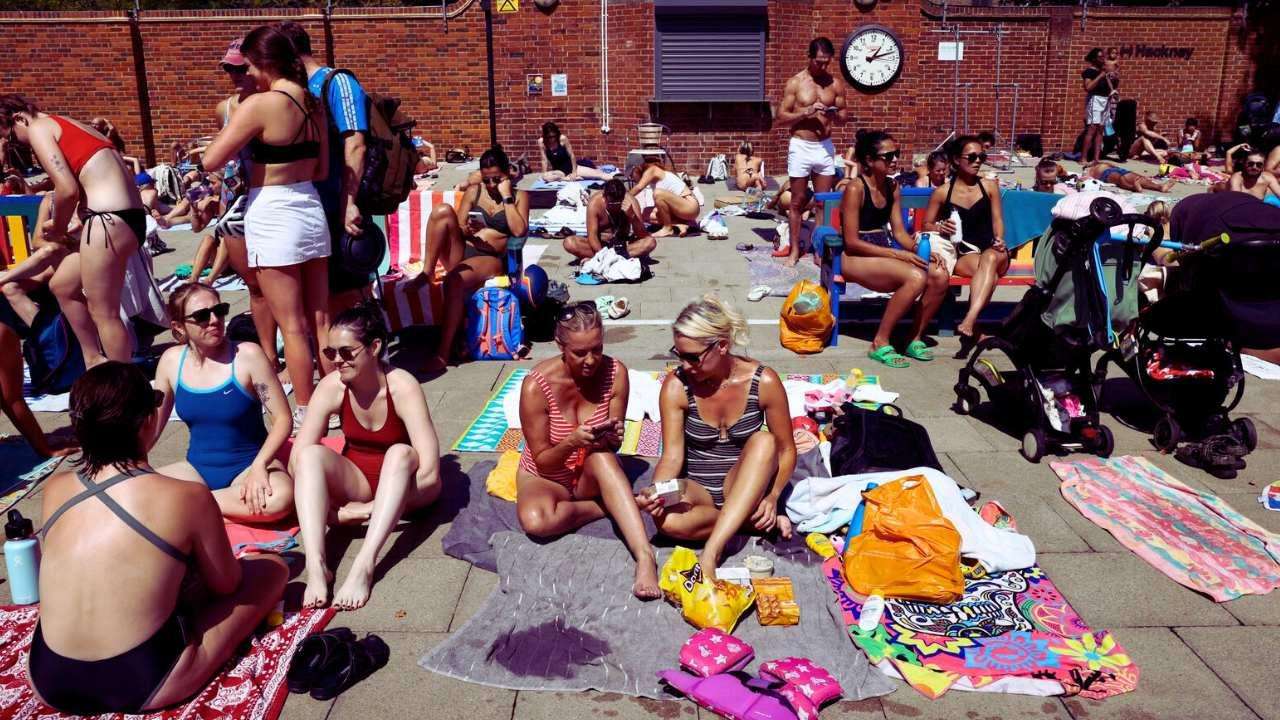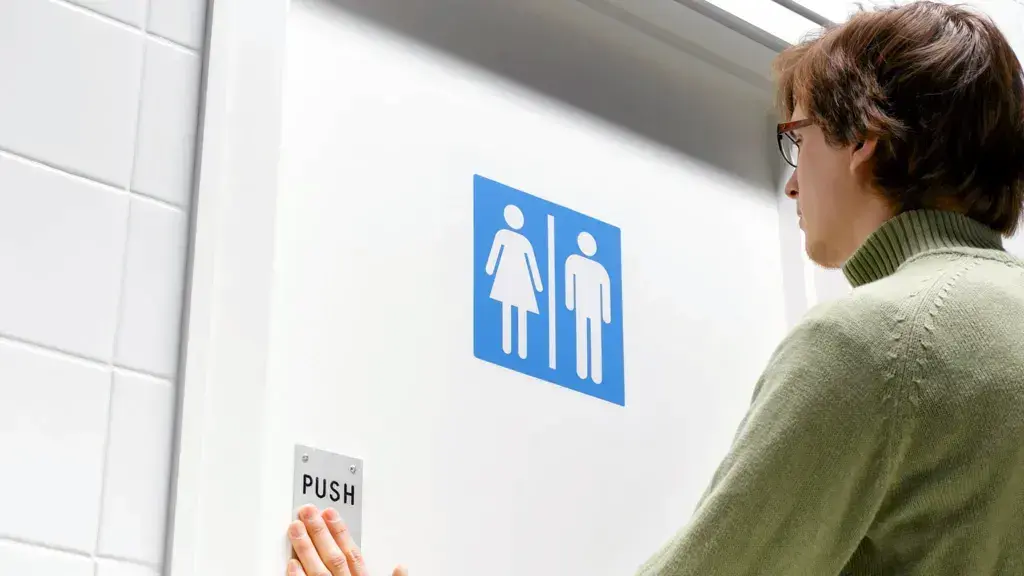The Equalities and Human Rights Commission (EHRC) has issued interim guidance to help organisations interpret the recent UK Supreme Court ruling that defines a woman in law by biological sex.
The new guidance clarifies that in spaces such as hospitals, shops, and restaurants, trans women (biological males) should not be allowed to use women's facilities. However, it also emphasizes that trans individuals must still have access to appropriate facilities.
The EHRC explained that it released the interim advice due to widespread uncertainty about the ruling's implications.
Further guidance concerning single-sex participation in competitive sports is expected to be published soon.
The Supreme Court recently ruled that the terms "woman" and "sex" in the 2010 Equality Act refer strictly to biological definitions. As a result, transgender women can legally be excluded from women-only spaces under certain circumstances.
Supreme Court judge Lord Hodge highlighted that the judgement does not remove protections against discrimination for transgender individuals.
According to the EHRC, the impact of the ruling is that a person’s legal sex under the Equality Act remains their biological sex, even if they hold a Gender Recognition Certificate (GRC). In their words, a "trans woman is a biological man" and a "trans man is a biological woman."
In educational settings, the EHRC guidance states that trans girls (biological boys) should not access girls’ toilets or changing rooms, and trans boys (biological girls) should not access boys’ facilities. Schools may need to provide alternative arrangements.
For associations or clubs with over 25 members, the guidance says women-only or lesbian-only groups should not admit trans women (biological men), and men-only or gay men-only groups should not admit trans men (biological women).
However, the EHRC also stresses that facilities must be accessible to trans people. Where possible, organisations should offer mixed-sex toilets, washing areas, or changing rooms alongside single-sex options. Alternatively, fully private single-use facilities, such as individual lockable toilets, could be provided—similar to those found in small cafés.
The interim guidance, released online on Friday evening, outlines the key consequences of the Supreme Court's decision.
It advises employers and service providers to follow the law carefully and to seek specialist legal advice if needed.
A two-week consultation with stakeholders is planned for May, and the EHRC aims to present a revised code of practice to the government by the end of June.
A government spokesperson commented: "We welcome the ruling and the clarity it provides for women and service providers. We will review and update relevant policies to ensure full legal compliance."








.svg)



